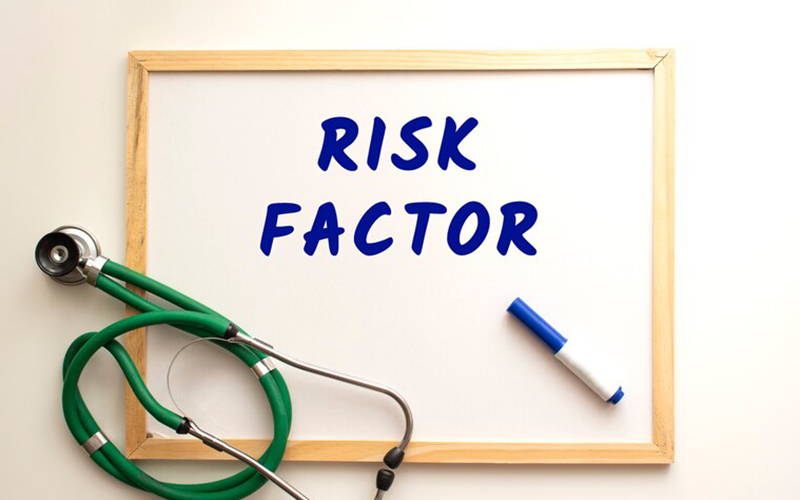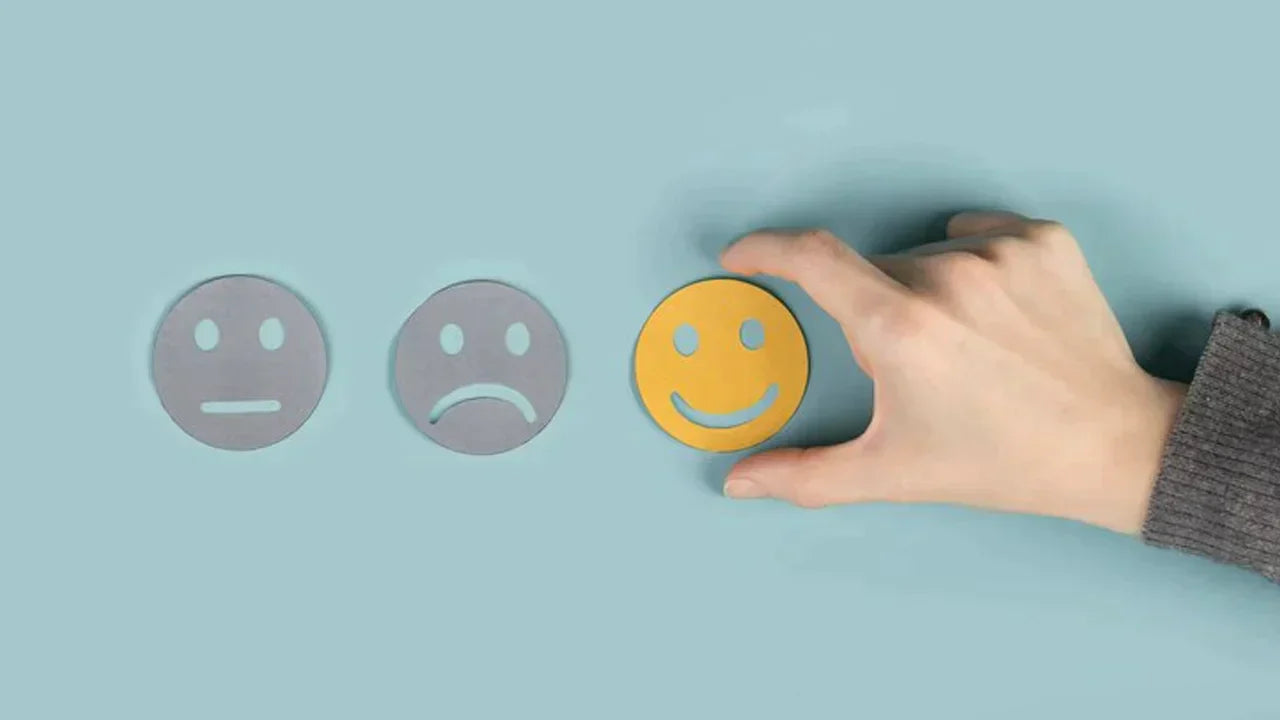Antidepressants, a term now resonating with households around the globe, signify more than just a category of medication. In today's fast-paced world, where the challenges of mental health are increasingly recognized and addressed, these drugs stand as stalwarts in the arsenal against despair and distress. For countless individuals navigating the tumultuous waters of mental health challenges, they've been a beacon of hope, a luminous guiding light steering them away from the engulfing shadows of mental anguish.
Originating from intensive medical research that spanned decades, fueled by the relentless pursuit of scientists, clinicians, and researchers committed to understanding the intricacies of the human mind, and evolving practices that adapted with every new discovery and insight, these medications now hold a revered position in therapeutic regimens. Recommended for a diverse spectrum of mental health ailments, from the mild melancholy to the crippling depths of major depressive disorders, they cater to a vast range of needs, ensuring that no individual feels left behind in their pursuit of well-being.
Over the years, as our understanding deepened and technologies advanced, antidepressants have metamorphosed our methodologies and perspectives. They've reshaped the way we approach managing formidable conditions like depression and a gamut of anxiety disorders. These conditions, once shrouded in stigma and misunderstanding, are now addressed with empathy and expertise. The nuanced nature of these drugs, their modes of action, the interplay with neural pathways, and their multifaceted applications in diverse scenarios suggest that their impact on global health and individual lives is more profound than just providing transient relief from debilitating symptoms.
Finding the right antidepressant

Factors Influencing Medication Choice
Personalizing Treatment: Trial and Error
What are the side effects of antidepressants?

Common Side Effects
Less Common but Serious Side Effects
How long do antidepressants take to work?

Duration of Initial Treatment
Full Therapeutic Effects
How long will I need to take an antidepressant?

Duration of Initial Treatment
Maintenance and Long-Term Therapy
Serotonin syndrome

Causes and Risk Factors
Symptoms and Management
Summary
Frequently Asked Questions
Who needs antidepressants?
Do antidepressants stop overthinking?
What do antidepressants do?
What are the bad side effects of antidepressants?
How do antidepressants make you feel?










